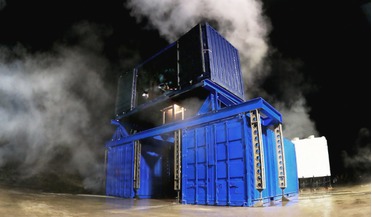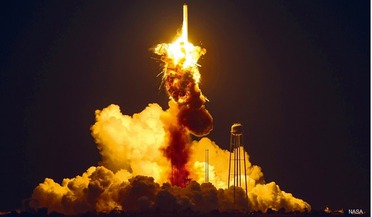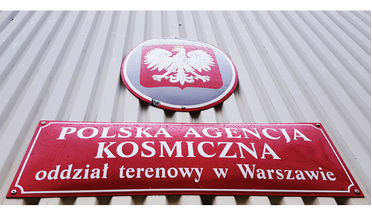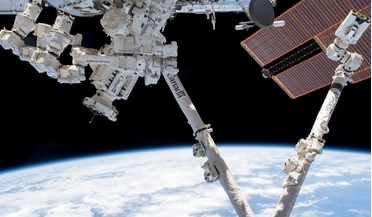 12 January 2021
Skyrora reveal new UK-built vehicle in live test
12 January 2021
Skyrora reveal new UK-built vehicle in live test
...perform a variety of maintenance tasks, is revolutionary to the UK/EU Space Industry. One of the possible objectives of the Upper Stage would be to tackle the issue of space junk by removing redundant space objects from orbit. There are around 34,000...
 March 2015
Congested, contested, and invested: of space debris, risky launches and private initiative
March 2015
Congested, contested, and invested: of space debris, risky launches and private initiative
...) uses the known locations of satellites, estimated trajectories of trackable pieces of debris, and other variables to predict where space objects will likely be a few days into the future. Through this process, known as conjunction assessment, JSpOC...
 August 2016
Polish Space Agency pursues task of developing country’s space expertise
August 2016
Polish Space Agency pursues task of developing country’s space expertise
... law, for example supervising the activities of Polish non-governmental entities in outer space and maintaining the register of Polish space objects. In accordance with best practices in Europe and the world, POLSA aims to execute its tasks through...
 September 2016
URBOCOP: saving planet Earth
September 2016
URBOCOP: saving planet Earth
... mostly burn up in the lower atmosphere or, in rare cases, fragments reach the surface of Earth (as meteorites). Man-made space objects (MSOs), however, having been launched from Earth into orbit, remain in orbit for a long time, creating...
 January 2019
Preparing for a robotic revolution in Earth orbit
January 2019
Preparing for a robotic revolution in Earth orbit
... RSGS satellite for robotic servicing in GEO. Cleaning up Robotics are, as previously noted, a viable means of docking two space objects, even when the client is not specifically designed for docking. There are other approaches for capturing...
 March 2019
Urgent action needed to avert space debris threat
March 2019
Urgent action needed to avert space debris threat
... (SDC), which ingests flight dynamics information from member companies as well as other available sources of space object information to provide conjunction assessment and warning services. Operators can also subscribe to JSpOC, a US government...